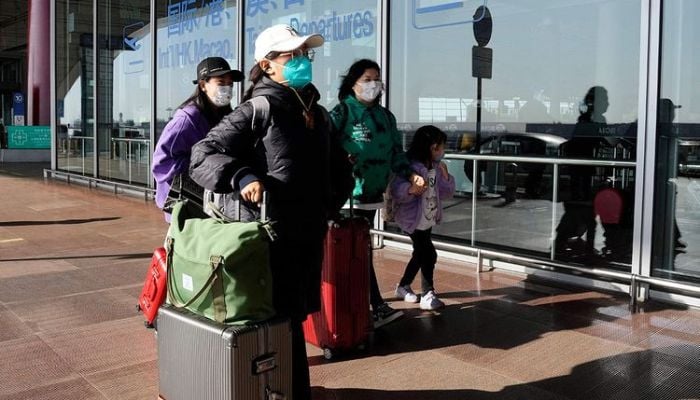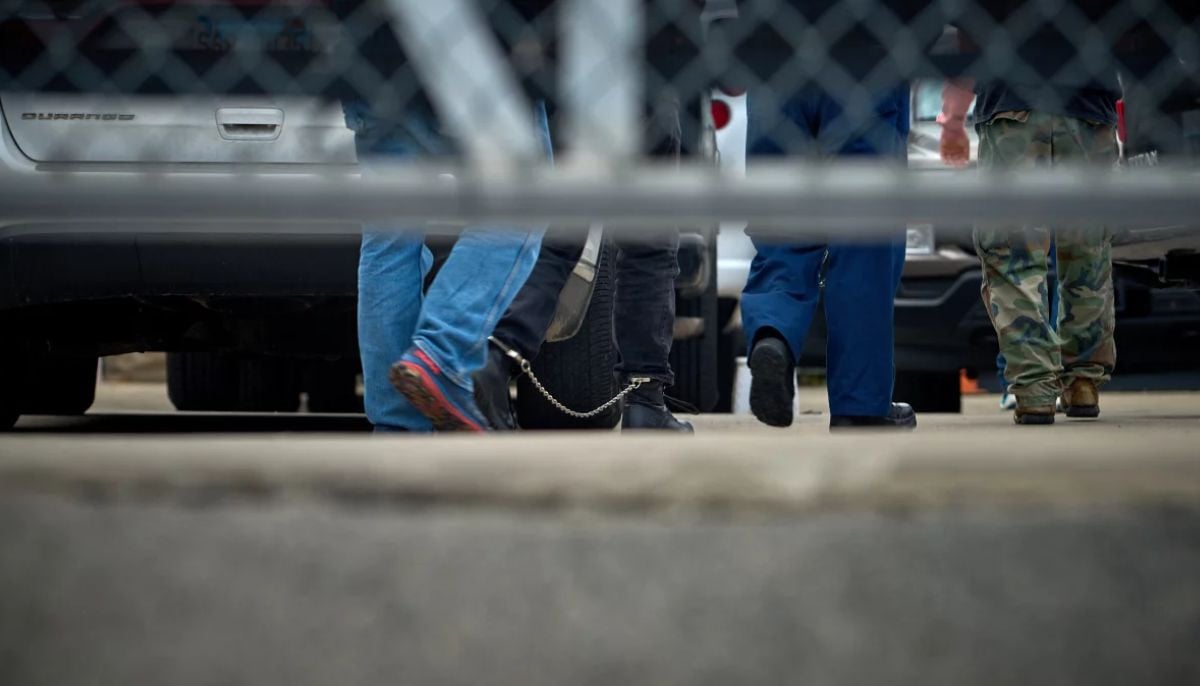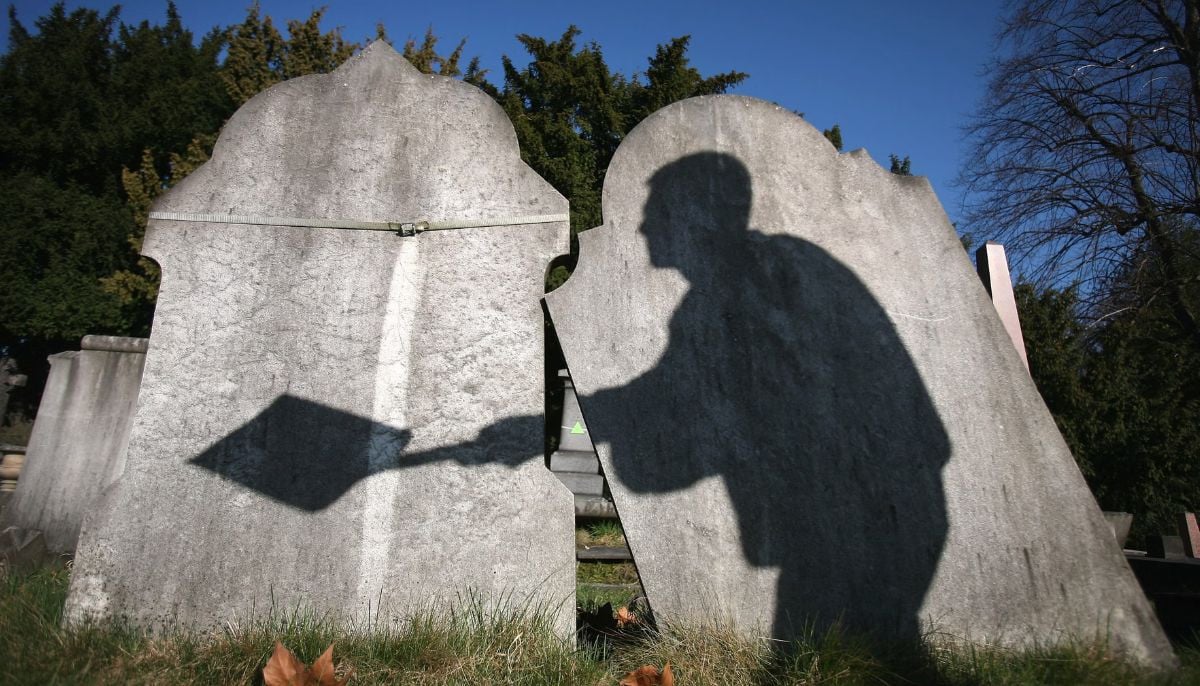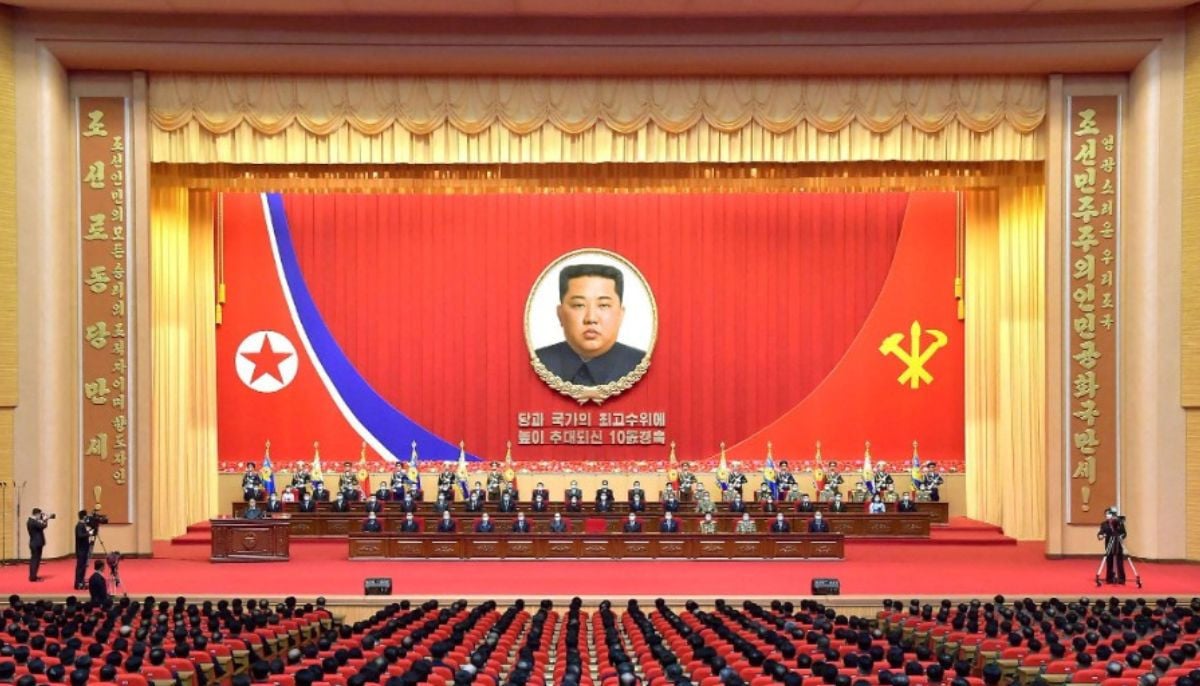US to require negative COVID tests for travellers from China
From January 5, all air passengers two years and older originating from China will be required to get test no more than two days before their departure from China, Hong Kong and Macau
WASHINGTON: The United States will require negative COVID tests from all air travellers from China, saying Beijing is not sharing enough information about the surge in coronavirus cases there, health officials said Wednesday.
From January 5, “all air passengers two years and older originating from China will be required to get a test no more than two days before their departure from China, Hong Kong and Macau, and show a negative test result to the airlines upon departure,” a federal health official said.
“The recent rapid increase in COVID-19 transmission in China increases the potential for new variants emerging,” the official told reporters in a phone briefing.
However, the official said, Beijing has provided only limited data about circulating variants in China to global databases, and testing and reporting on new cases has also diminished.
“Based on this lack of available data, it's harder for US public health officials to identify new variants spreading to the United States,” the official said.
“The United States is taking deliberative proactive steps to protect Americans' public health, and be on alert for any potential COVID-19 variants emerging,” the official said.
The new requirement will fall into place just after midnight US Eastern Time on January 5, or 0500 GMT.
The test requirement applies to air passengers regardless of nationality and vaccination status, and includes people travelling to the United States from China via third countries, as well as those travelling through the United States to other countries.
Meanwhile, China late Monday scrapped quarantine for inbound travellers from January 8 onwards, dismantling the last remaining piece of its stringent zero-COVID policy and ending some of the world's harshest border restrictions.
The move was greeted with jubilation by Chinese citizens, who rushed to book international flights, triggering a surge in ticket prices.
Hospitals and crematoriums across China continue to be overwhelmed by an influx of mostly elderly people.
AFP reporters saw dozens of mostly elderly COVID-patients lying on gurneys in overflowing hospital emergency wards in Tianjin, 140 kilometres (87 miles) southwest of the capital Beijing Wednesday.
Medical staff are “pretty much all” expected to continue working despite testing positive for the virus, one doctor said.
Other countries have expressed concerns about the potential for new variants to emerge as China battles the world´s biggest surge in infections.
Taiwan, a self-ruled island that China claims as its own, said Wednesday that it would also screen travellers from the mainland for the virus.
Italy said on Wednesday it was making PCR tests mandatory for visitors from China.
“Currently the development of China´s epidemic situation is overall predictable and under control,” foreign ministry spokesman Wang Wenbin said Wednesday.
“Hyping, smearing and political manipulation with ulterior motives can't stand the test of facts,” Wang added, calling Western media reporting on China´s COVID surge “completely biased”.
All passengers arriving in China have had to undergo mandatory centralised quarantine since March 2020. The period of isolation fell from three weeks to one week in June, and to five days last month.
The end of that rule in January will also see COVID-19 downgraded to a Class B infectious disease, allowing authorities to adopt looser controls.
Chinese immigration authorities said Tuesday they would resume issuing passports for tourism purposes from January 8, after years of strict exit controls.
Tracking cases
The winter surge comes ahead of major public holidays next month in which hundreds of millions of people are expected to travel to their hometowns to reunite with relatives.
Chinese authorities have said the scale of the outbreak is now “impossible” to track and narrowed the criteria for defining COVID deaths.
China's Center for Disease Prevention and Control reported 5,231 new COVID cases and three deaths nationwide Wednesday — likely a drastic undercount since people are no longer required to declare infections to authorities.
Authorities are using data from online surveys, hospital visits, demand for fever medicines and emergency calls to “make up for shortcomings in (officially) reported figures”, disease control official Yin Wenwu said at a press briefing Tuesday.
With the country facing shortages of basic medicines, Beijing city authorities plan to distribute the oral COVID drug Paxlovid at local hospitals and community clinics. It remains extremely difficult to obtain for ordinary people.
-
18-month old on life-saving medication returned to ICE detention
-
Cardi B says THIS about Bad Bunny's Grammy statement
-
Chicago child, 8, dead after 'months of abuse, starvation', two arrested
-
Funeral home owner sentenced to 40 years for selling corpses, faking ashes
-
Australia’s Liberal-National coalition reunites after brief split over hate laws
-
Savannah Guthrie addresses ransom demands made by her mother Nancy's kidnappers
-
Washington Post CEO William Lewis resigns after sweeping layoffs
-
North Korea to hold 9th Workers’ Party Congress in late February












